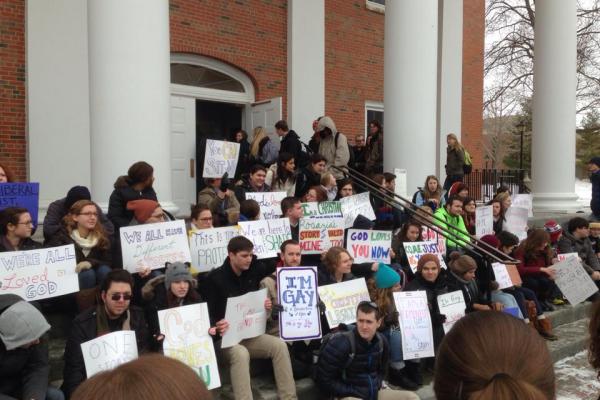We may not all be rich. We don’t all have successful careers. We aren’t all healthy. But the one thing we all have are stories. From the beginning of time, we have thrived on connecting via stories. We consume stories for leisure, speak our stories for sanity, and create stories to capture our imagination.
We are swayed by stories. Stories can compel others in ways propositions and facts statements cannot. Our attention wanes at statistics and exegesis, but perks at vivid characters in an engaging plot. Stories have been proven to be an effective rhetorical device. They draw people’s attention in and leaves them satisfied upon conclusion.
You cannot debate a story. While it may be tempting to try and deconstruct the reasoning behind stories when it goes against your agenda, the genius of stories is that it can’t be used as an argument. The story of a chain smoker’s longevity sits uncomfortably in the presence of someone advocating the ills of nicotine. The story just is. We cannot alter it, the only thing we can control is how we choose to respond to it. Any attempts to dishonor or discredit someone’s story is an assault to their humanity.
Read the Full Article

